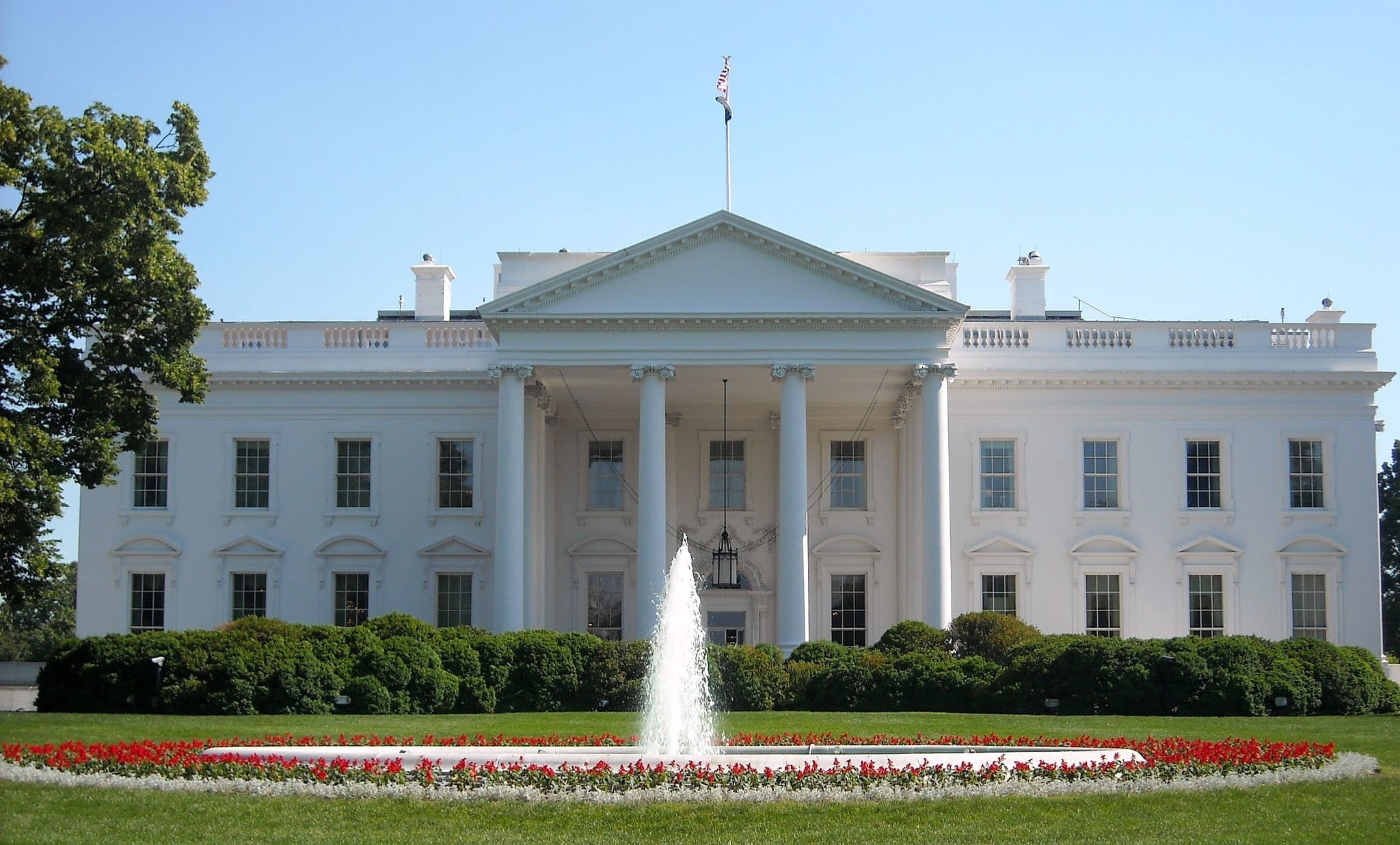
Combating Human Trafficking and the Biden Administration
As the United States marks the twentieth anniversary of the Trafficking Victims Protection Act and the Palermo Protocol, and as the Joe Biden administration takes office, it is an appropriate time to consider new approaches to combat human trafficking. Perhaps not surprisingly, given early and important roles played by the Justice Department (and the UN Office of Drugs and Crime), the prosecution of traffickers has dominated U.S. strategies, trailed by efforts to prevent trafficking and protect victims, collectively known as the “three Ps” approach. What should be done more, or differently?
The vast repair work to be undertaken by the Biden administration offers an opportunity to build forward in new ways, including changes to how and where combating human trafficking is operationalized—both in terms of diplomacy and development. A relatively easy first step would be to reinstitute the fourth “P” abandoned by the Donald J. Trump administration (in more ways than one): partnership. Secretary of State Hillary Clinton introduced the concept of partnership in recognition of the collaboration needed to reduce and then eradicate human trafficking and modern slavery. Another obvious step will be to quickly nominate the candidate for the ambassador-at-large position at the State Department so that she or he can get confirmed and help oversee the annual report.
Beyond those uncontroversial suggestions, new approaches should guide work over the next ten years—well beyond the Biden administration—to help broaden constituencies involved in combating trafficking within the U.S. government and around the world using the Sustainable Development Goals (SDGs).
Trafficking as a Sustainable Development Challenge
The SDGs were adopted by all UN member states in 2015, run through 2030, and involve seventeen objectives to create a more equitable and viable planet. These goals came together over a three-year period following the input of millions of people around the world, especially younger generations. The broadened twenty-first century conception of sustainable development stems in part from the role played by several female ambassadors from countries that had recently emerged from war. During the end stages of negotiations at the UN, these ambassadors argued forcefully that issues related to peaceful, just, and inclusive societies (including combating trafficking) be part of the SDGs, or else they (and their countries) would not sign on.
Read more here.
